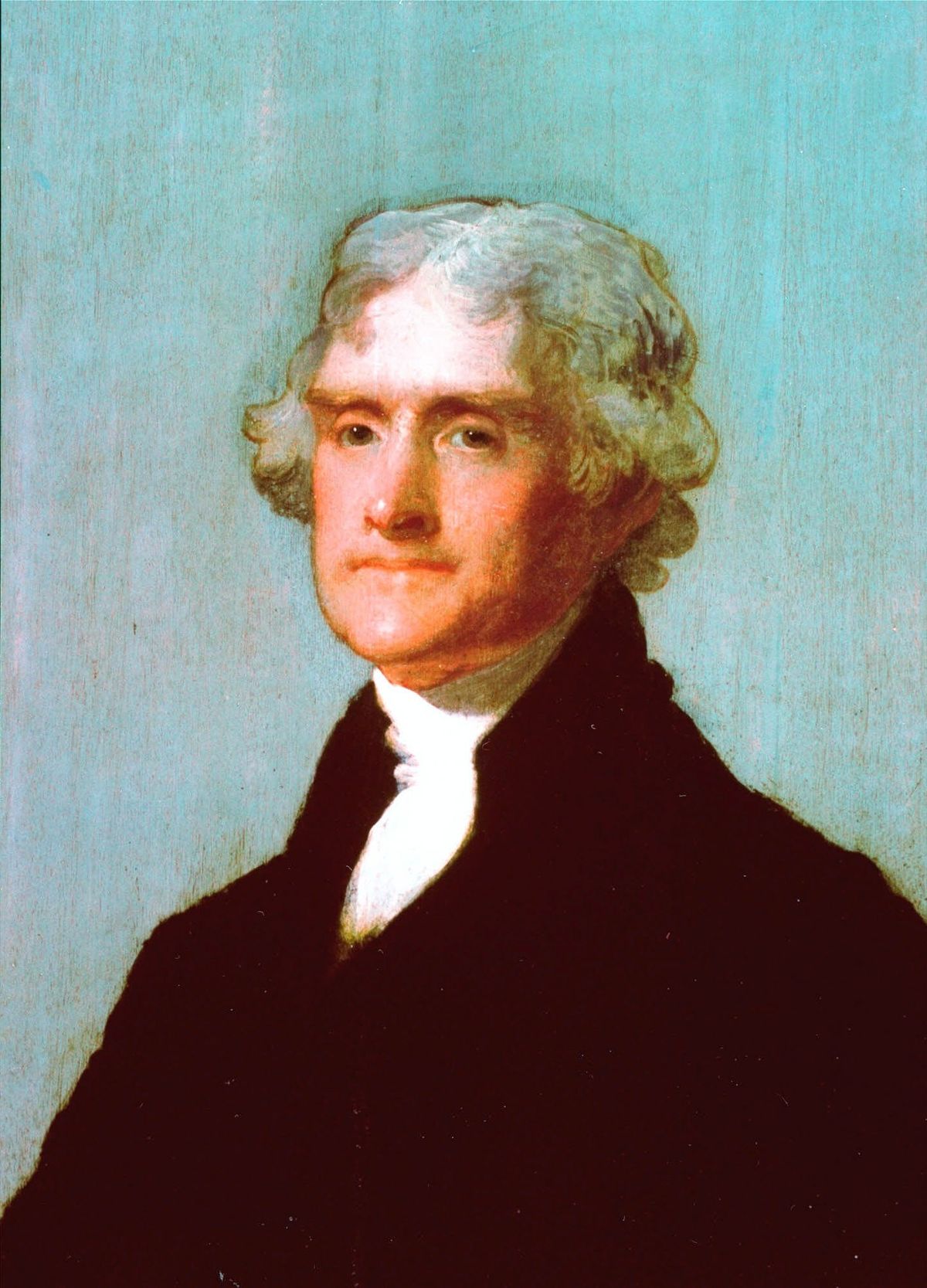We the People: Thomas Jefferson’s foreign policy experience led to major domestic changes

Each week, The Spokesman-Review examines one question from the Naturalization Test immigrants must pass to become United States citizens.
Today’s question: Thomas Jefferson is famous for many things. Name one.
Thomas Jefferson holds one of the most complicated legacies of any Founding Father.
He played one of the most influential roles during the foundation of the United States – being the primary author of the Declaration of Independence, and during post-revolution times, he served as the inaugural Secretary of State from 1790 to 1793. He served as vice president to John Adams from 1797 to 1801 before becoming the third president of the United States for two terms.
Jefferson had immense foreign policy experience, particularly as a foreign minister to France. This contributed to one of his most important acts as president, which profoundly shaped the domestic landscape of the country.
The 1803 Louisiana Purchase doubled the size of the nation at the time. The roughly 828,000 square miles of territory stretched from the border of the Mississippi River to the Rocky Mountains to the Canadian border.
The territory came into possession of France during the 17th century when the French began exploring the western region of North America. However, during the French and Indian War in 1762, France ceded much of the territory to Spain following their losses in the conflict.
This wouldn’t be forever, as in 1801, a secret treaty was signed between the two countries to return the territory to France. But they were slow to take control of the space. Around this time, Napoleon Bonaparte was taking control, and this put the United States officials off-kilter. Fearing Bonaparte would flex authority over the territory, Jefferson asked his minister, Robert Livingston, to travel to France to negotiate a territory purchase.
Livingston was surprised upon arrival in 1803 when officials offered the entire French Louisiana for purchase. The deal was settled for $11.25 million and a territorial government was established the following year.
The purchase led to a number of impacts, including the Lewis and Clark expedition. Explorers Meriwether Lewis and William Clark led a three-year journey across the territory, studying the landscape, wildlife, climates and more of the newly acquired land. Its addition to the American mythos would later contribute to the idea of Manifest Destiny.
The purchase led to the creation of many states. In 1812, Louisiana became the first state admitted into the union following the purchase – nine years later.
However, American expansion into the west brought negative effects for Indigenous nations. In an 1876 speech that was published in Montana newspapers, Chief Charlo (Claw of the Small Grizzly Bear) of the Bitterroot Salish tribe spoke of the betrayal experienced by tribes.
“Had heaven’s Chief burnt him with some mark, we might have refused him. No, we did not refuse him in his weakness. In his poverty we fed, we cherished him – yes, befriended him, and showed the fords and defiles of our lands,” the chief said, according to the Journals of the Lewis and Clark Expedition Online from the University of Nebraska – Lincoln. “… His laws never gave us a blade of grass nor a tree nor a duck nor a grouse nor a trout … You know that he comes as long as he lives, and takes more and more, and dirties what he leaves.”
The United States’ eventually would come to the Manifest Destiny movement in the late 19th century, expanding into the purchased territory – simultaneously growing the nation while leading to the eventual displacement of hundreds of Indigenous tribes. Jefferson believed the purchase to be a “great achievement,” stating in 1810, “It is incumbent on those who accept great charges to risk themselves on great occasions.”
He died in his Virginia estate, Monticello, on Independence Day, July 4, 1826, the same day his political rival, John Adams, died.